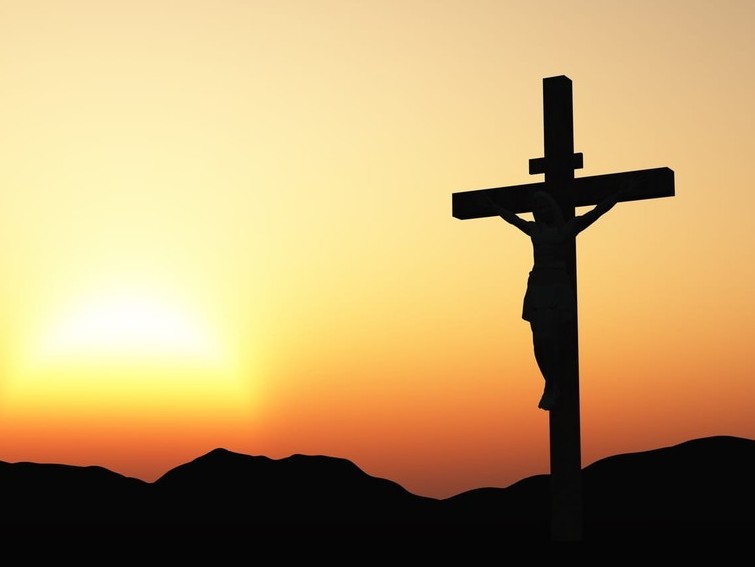TikTok Frenzy Over Doomsday Rapture Prophecy Sparks Debate
A bold vaticination about the rhapsody is gaining intimidating traction on social media, with TikTok awash in vids assuming about an imminent end of days.
The forecast, shared by a South African man, has left many Christians talking, others laughing, and millions scrolling for answers.
Joshua Mhlakela, who claims no formal religious title, insists he has been shown a Rapture of Jesus returning for his followers.
In a viral YouTube video posted earlier this year, he recounts a chilling message: “He says to me: ‘On the 23rd and the 24th, 2025, I will come to take my Church.’”
The dates have been repeated across TikTok, sparking the hashtag #RaptureTok and a wave of heated debates.
The Rapture is a long-standing belief among evangelical Christians. It holds that true believers will be swept up to heaven before a time of chaos on Earth.
“Everyone else remains on earth for a tumultuous and troubled period,” explained Amy Frykholm, author of Rapture Culture: Left Behind in Evangelical America.
This idea of Jesus returning to gather his faithful, ahead of misery and the world’s ultimate end, has roots in biblical passages from 1 Thessalonians, 1 Corinthians, and Matthew 24, indeed, though the word rhapsody itself nowhere appears in the Bible.
The conception first took shape in 19th-century Britain, spreading through Bible conferences, evangelical publishing, and flicks similar to the Christian cult classic A Pincher in the Night. Pop culture hits like the Left Behind novels kept the idea alive for modern audiences.
History is littered with failed forecasts of the Rapture. From the “Great Disappointment” of 1844, when American preacher William Miller wrongly predicted Christ’s return, to Harold Camping’s ill-fated 2011 date, these predictions often end in embarrassment.
“Historically, failed predictors have a lot of egg on their face,” noted Matthew Taylor, senior Christian scholar at the Institute for Islamic-Christian-Jewish Studies.
But each new crisis, wars, pandemic, and political upheaval seem to reignite apocalyptic thinking.
“Ideas about the Rapture are best understood within the larger framework of apocalypticism, an ancient Jewish worldview that predates Christianity,” said Kim Haines-Eitzen of Cornell University. Such beliefs, she added, surge during times of trauma.
On TikTok, reactions to Mhlakela’s claim range from serious reflection to outright mockery. Some note the predicted dates overlap with Judaism’s High Holy Days. Others point to current conflicts, including wars in Gaza and Ukraine, as signs of “end times.”
“There are millions and millions of Christians in the world today, maybe even hundreds of millions of Christians in the world who believe in modern prophecy and consume media that’s populated by these modern prophecies,” Taylor said.
Despite centuries of failed predictions, fascination with the Rapture refuses to fade. Believers continue to watch for signs, while sceptics scroll for entertainment.
For many Christians, the debate remains less about dates and more about faith. As Frykholm notes, those who expect to be “taken up” often stress readiness over calculation. After all, Jesus himself is quoted as saying that no one can know the hour.
Whether the rhapsody Christian trend on TikTok fades like once prognosticated or energizes a new surge of end-times fervour, one thing is certain: the world will be watching when September 2025 arrives.






